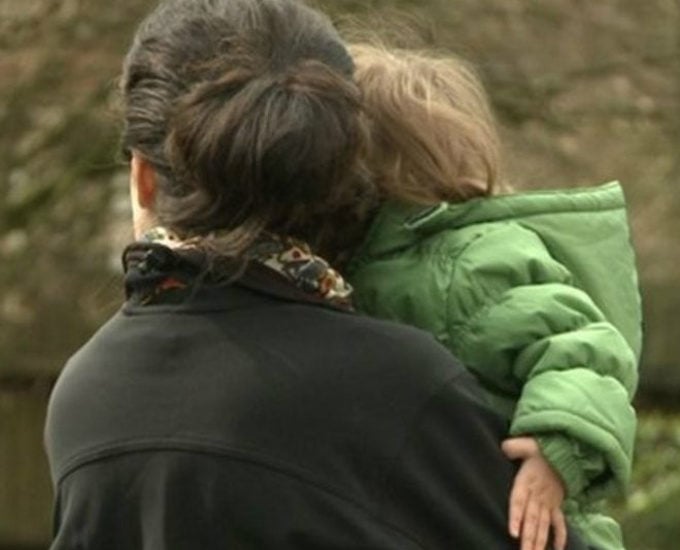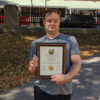
KJIPUKTUK (Halifax) – What happens when a Mi’kmaw woman and a settler share car rides on their way to Mount Saint Vincent University and other places throughout Kjipuktuk (Halifax)?
Whenever Flo (who is Mi’kmaq) and me (Margaret, the settler) travel by car anywhere together in HRM, we have an opportunity to engage in candid in-depth decolonizing discussions. It is through these car ride discussions that I learned first-hand from Flo about colonial oppression and systemic racism. It is through our conversations that I have a better understanding of what white settler privilege looks like in Kjipuktuk and other parts of Mi’kma’ki – the unceded territory of the Mi’kmaq.
One Saturday afternoon when we happened to be together, Flo shared a very personal story about why she finds it difficult to eat when she is in a social food sharing situation. Her response has stuck with me and I think about it every time I open my refrigerator full of mostly locally sourced food choices.
When Flo was a single mother of three living in Halifax on welfare, resources were extremely tight, and food was often scarce. As a result, she made sure that her children always ate before she did. If they ate everything then she had to go without eating. Even though this happened a long time ago, the habit of taking care of others over herself has stayed with her and carried over into the present day. Most of the time she only ate once a day. As a result she still has a hard time eating more often. She still waits until everyone has had their share before she can take sustenance for herself and that she still only takes what is left.
Like all of Flo’s stories, this one lingered with me for the rest of the day. Being a mother of three children myself, I thought about what she had shared with me earlier that afternoon.
I realized that my children and extended family have never ever had to worry about food security. We have never had to go hungry. Having a full belly and not worrying where our next meal will come from is something that we take for granted. This realization brought me to a greater understanding of where I am positioned in society as a result of my inherent colonial white privilege, and how this same privilege has impacted others like my friend Flo and her children.
In a number of teachings received from other Mi’kmaq I have been told that a Chief does not eat until the whole community is fed. I couldn’t help but wonder if Flo’s need to make sure her family was fed first came from her own Mi’kmaw upbringing.
I also realized something else that day. The notion of relationship is key to understanding why this particular story of Flo is so important. First, we both needed to have developed a respectful friendship where Flo felt comfortable to share her life experiences with me. That friendship was also why I was moved by what she had said, which caused me to make some critical reflections about myself.
Millions of humans go hungry every day because they do not have the means or access to enough food. This is not something new. However, because Flo and I are friends, her first-hand story and unique perspective meant more than if it was someone I did not know. It is because of this relationship that I am open to these critical spaces for dialogue that are necessary, that hold me accountable, and that challenge my Canadian colonial ideology to become actively involved in social justice.
Over the years I have come to cherish and look forward to whenever Flo and I can share a car ride because I know that our brief dialogue, which is usually about 15 minutes, significantly changes how I understand a just world. It has been truly an honour, and I am forever grateful, to be the recipient of Flo’s authentic storytelling.
We have talked about driving to Ottawa once the pandemic settles down, to visit Flo’s daughter and family. I can only imagine what we will talk about. Who knows what I will learn and how my settler notions will continue to change as a result?
See also: Delilah Saunders: I am here to say “No more!”
With a special thanks to our generous donors who make publication of the Nova Scotia Advocate possible.
Subscribe to the Nova Scotia Advocate weekly digest and never miss an article again. It’s free!



